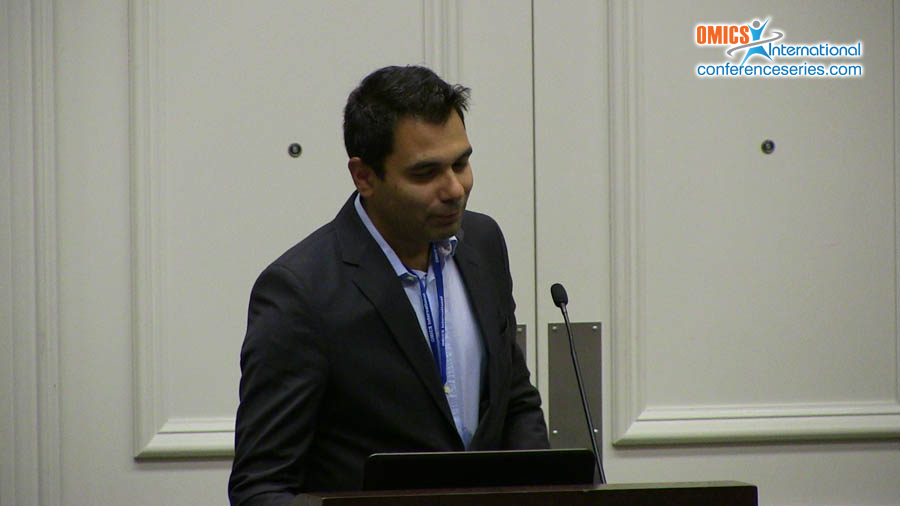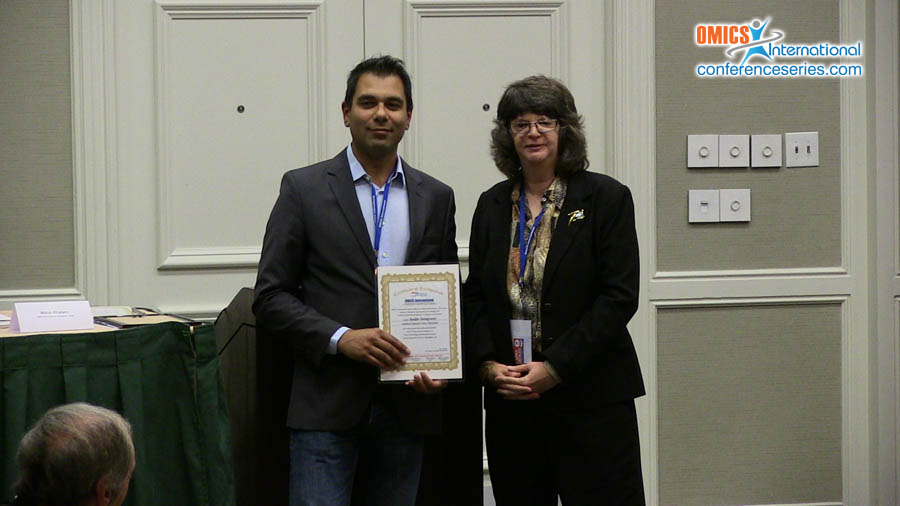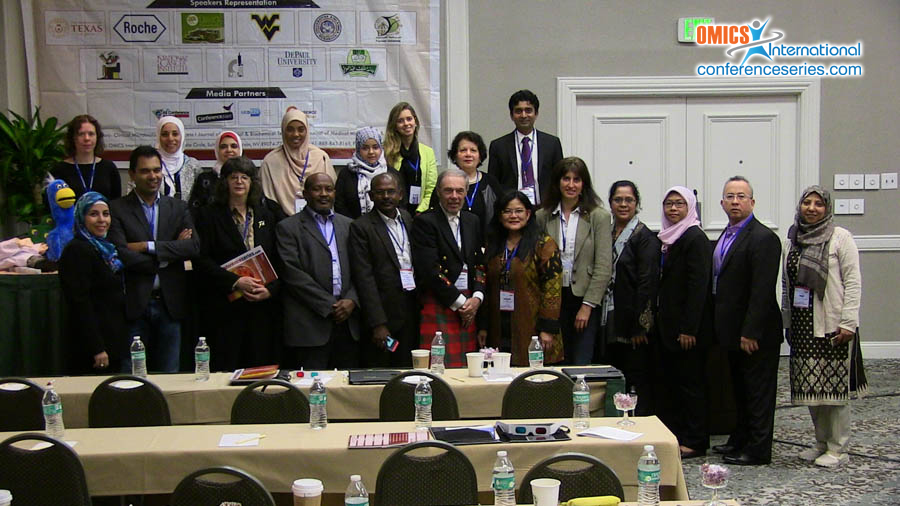
Radjin Steingrover
Analytical Diagnostic Centre, Netherlands
Title: 5 year analysis of bacterial resistance in the Dutch Carribean Island of curacao and implications for antimicrobial stewardship
Biography
Biography: Radjin Steingrover
Abstract
Introduction: The Carribeannation of Curacao has experienced the burden of antibiotic resistance with outbreaks of MRSA and KPC. Curacao lacks comprehensive data on antimicrobial resistance to guide antibiotic poly-makers. This study presents an overview of the last 5years of susceptibility trends for the primary pathogens. The method of analysis facilitates the choice of empirical therapies and allows comparisons with The Netherlands, a country with which Curacao and its health-care system holds strong ties. Methods: The ADC laboratory information system was queried for all positive cultures from 2010 up to 2015. Susceptibility testing was done with the VITEK 2 AST cards with only a minority of tests having been done by disk diffusion. The results were filtered for bacterial results and the Curacao area. Identical to the Dutch resistance register (Neth Map) only the first isolate per patient per year was entered into the analysis to exclude bias from repeated sampling. Results: The results show extensive resistance overall. MRSA increases in blood cultures from 0% to 9%. The introduction of KPCpositive K. pneumoniae was shown as well as extensive overall resistance to all classes of antibiotics. Discussion: The high-rates of resistance are markedly different from the data in Neth Map. The data support the choice of a cephalosporin combined with an amino-glycoside as empirical sepsis regimens. The rise in MRSA and the introduction of KPC warrant an effective anti-microbial stewardship program to counter the spread and reduced option for antibiotic therapy.



